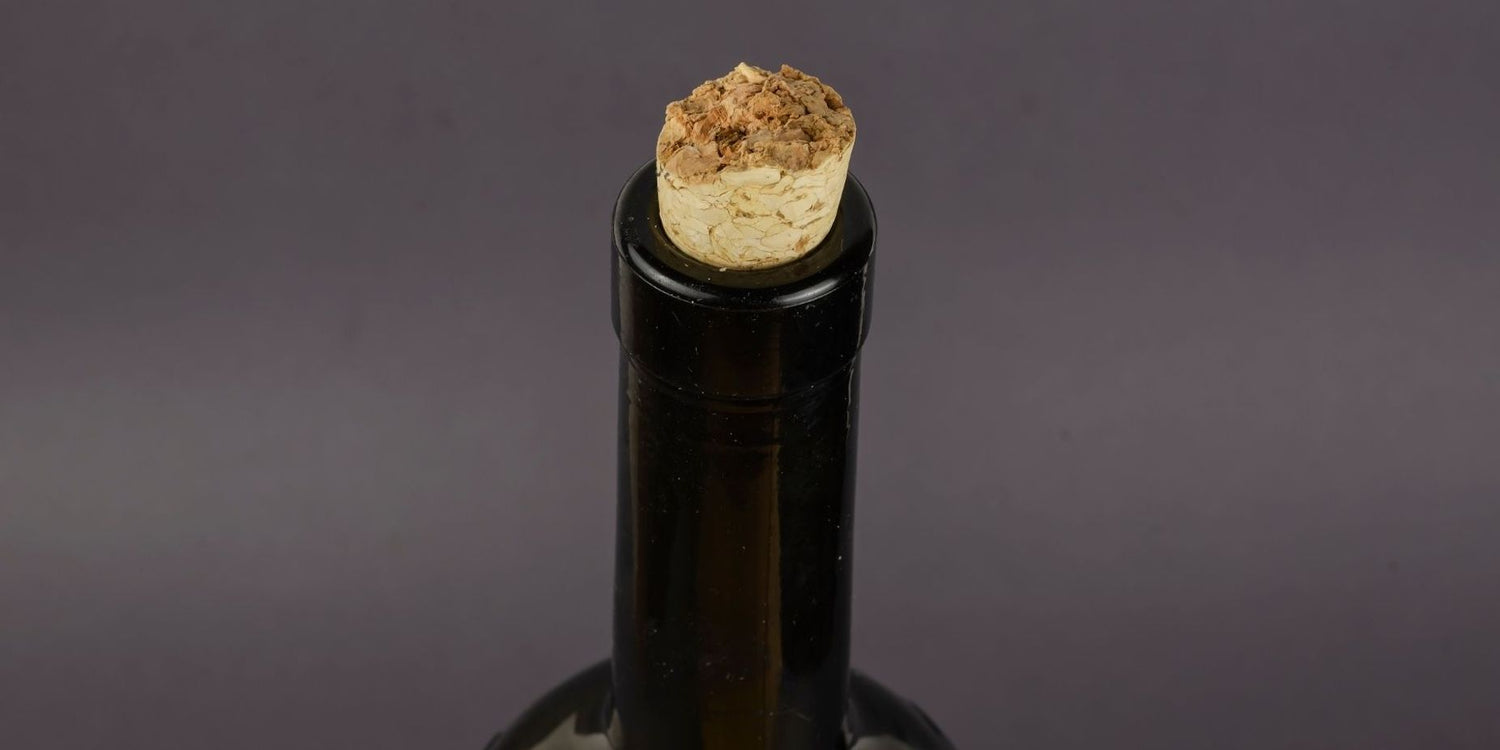It has happened to everyone that when opening a bottle the cork broke, but after the normal desperation you need to understand how to extract the broken cork and enjoy the wine. Let's see how to open a bottle even when luck seems adverse.
Are you looking for a guide on what to do when the cork breaks when opening a bottle of wine? You're in the right place: let's see how to do it in a few simple steps, so as not to ruin the precious liquid and avoid slightly cringe-like hand-to-hand fights.
Why do corks sometimes break?
The causes can be various.
- the tip of the corkscrew (the "worm") was not inserted correctly or did not reach all the way into the cork, the 4/5 of the cork which is ideal.
- The bottle has not been stored optimally and the cork is too dry.
- The bottle is from an old vintage and the cork has lost its elasticity.
- The cap is of poor quality, sometimes it happens.
– Read also: guide to opening the bottle
How do you open a bottle with a broken cork?
The first thing to do is to see where the cork broke, whether in the lower part of the neck of the bottle or in the upper part.

Bladed corkscrew
There is a good technique that is always universal because it is always effective, both when the cork is broken in the upper part and when it is broken in the lower part of the neck of the bottle. In fact, there are "bladed" or "double-bladed" corkscrews: they are tools used by professional sommeliers to open wines stored for a long time in the cellar or to extract broken or damaged corks from bottles.

The "bladed corkscrew" has two thin and resistant blades, one longer and one shorter, which are inserted between the cork and the glass surface of the neck of the bottle: first the longer blade, then the shorter one, until when the handle of the corkscrew does not touch the "mouth" of the bottle. Then, with a rotating movement, remove the cap.
Professional corkscrews
If the cork has remained stuck in the upper part of the neck of the bottle, you need a professional corkscrew (not the tirebouchon), calm and concentration to try to remove the part remaining in the bottle, taking care not to break it further.

Carefully insert the tip of the professional corkscrew into the cork with a slow rotating motion and without excessive force or sudden movements. Insert the "worm" of the corkscrew approximately 4/5 of the way into the broken cork, use the two levers of the professional corkscrew and extract carefully. You will immediately realize if the cork holds and therefore if you will be able to extract it.
– Read also: sommelier tools
To extreme evils
In extreme cases, if the cork has broken in the lower part of the neck of the bottle and you don't have a bladed corkscrew, all you have to do is push the cork into the wine, you still can't give up the wine.
Get a decanter or other container, take some cutlery and stick it in the bottle to keep the cork in place. At this point, slowly pour the wine into the new container, paying attention to any pieces of cork, which you can still remove with a strainer.
– Read also: how to best store wine in your home cellar




